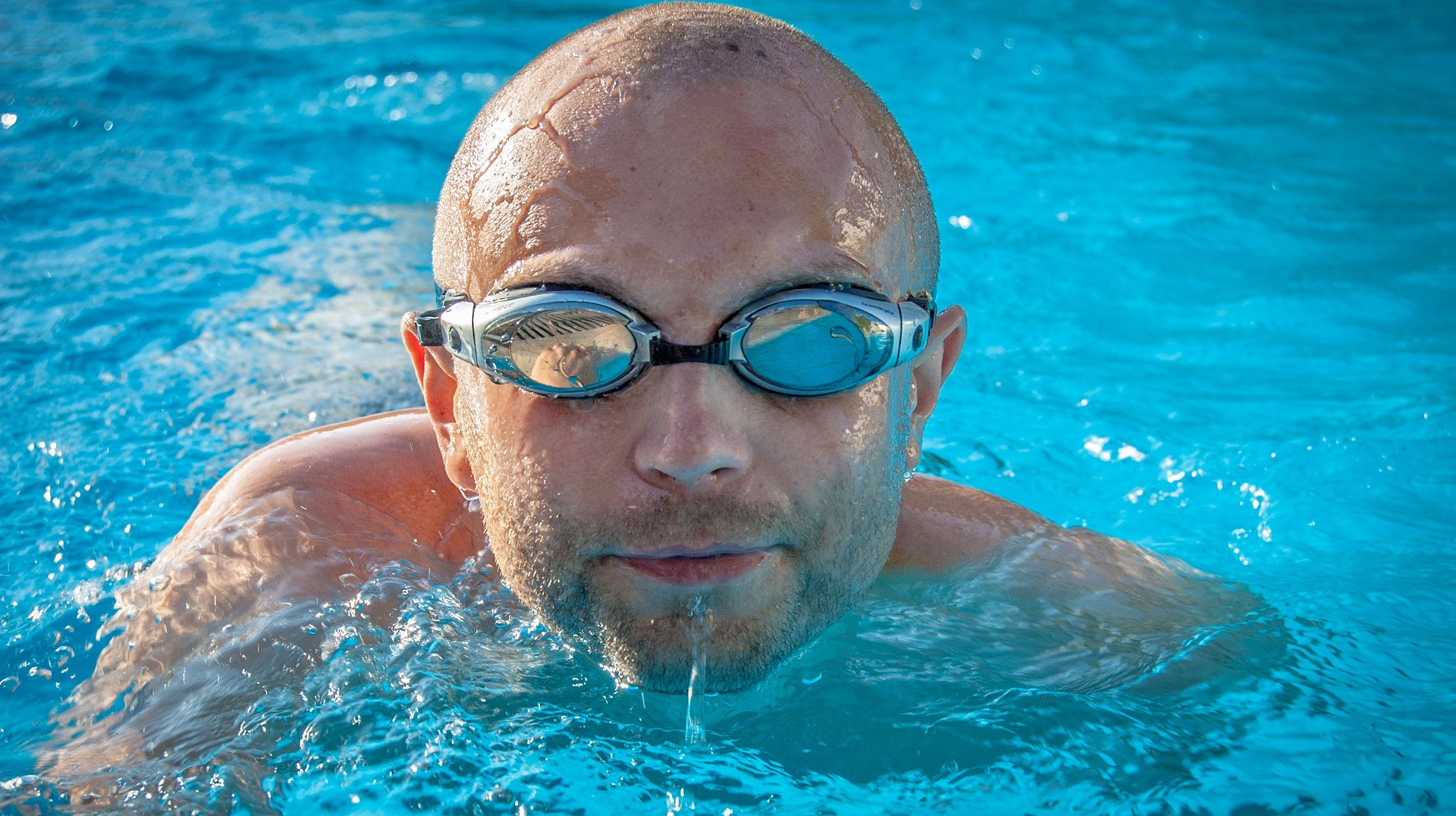Swimmer's Ear: Remedies, Prevention, and OTC Options
Swimmer's ear, or otitis externa, is a painful condition that affects the outer ear canal. While it commonly occurs after swimming, any situation where moisture gets trapped in the ear can lead to this condition. Excessive moisture creates an ideal environment for bacteria or fungi to thrive, resulting in itching, inflammation, and pain. The infection can worsen if left untreated, leading to severe discomfort and potential complications.
Let's explore effective home remedies, preventive measures, and over-the-counter (OTC) options for swimmer's ears while debunking ineffective or harmful treatments.
What Causes Swimmer's Ear?
Swimmer's ear is typically caused by bacteria that grow in a moist ear canal. Fungal infections can also contribute to the condition. Common causes include:
- Swimming or bathing in contaminated water
- Using cotton swabs, which can damage the ear canal and strip it of protective oils
- Wearing hearing aids or earplugs that trap moisture
- Skin conditions like eczema or psoriasis that affect the ear canal
Signs and Symptoms of Swimmer's Ear
Early symptoms:
- Itching or irritation in the ear canal
- Mild discomfort that worsens when the ear is touched or pulled
Advanced symptoms:
- Severe ear pain
- Redness and swelling of the ear canal
- Drainage of pus or fluid
- Temporary hearing loss
- Fever or chills (in severe cases)
When to See a Doctor
See medical attention if symptoms persist, worsen, or include fever, chills, or significant swelling. Severe infections may require prescription antibiotics or antifungal drops.
Ineffective or Harmful Remedies to Avoid
While some remedies are popular, they may not be effective or could even cause harm:
- Cotton Swabs: Using swabs can damage the ear canal and worsen the condition.
- Candling: Ear candling is not supported by science and can cause burns or injuries.
- Undiluted Vinegar or Alcohol: Without proper dilution, these substances can irritate the skin or worsen inflammation.
When to Use Antibiotics
In severe cases of the swimmer's ear infection, antibiotics are necessary to clear it. A doctor may prescribe:
- Antibiotic ear drops: Such as ciprofloxacin or ofloxacin.
- Oral antibiotics: For severe or persistent infections.
Lifestyle Tips for Ear Health
- Stay Hydrated: Drinking plenty of water helps maintain overall health and prevents excessive earwax buildup.
- Maintain a Healthy Diet: A diet rich in fruits, vegetables, and omega-3 fatty acids supports your immune system.
- Avoid Frequent Use of Earbuds: Wearing earbuds for extended periods can trap moisture and irritate the ear canal.
Preventing Swimmers Ear
Dry Your Ears Thoroughly
After swimming or bathing, always ensure your ears are dry:
- Gently pat your ears with a clean towel.
- Avoid inserting cotton swabs, which can push wax further into the canal.
Use Protective Earplugs
Invest in waterproof earplugs designed for swimming. They help keep water out of the ear canal.
Avoid Irritants
Refrain from using harsh shampoos, hair sprays, or ear-cleaning tools that can irritate the ear canal.
Home Remedies for Swimmer's Ear
Swimmer's ear is a common but preventable condition that can be effectively treated with home remedies and OTC solutions. Simple measures like drying your ears thoroughly and using alcohol-based drops can alleviate symptoms and prevent infections. However, consult a healthcare professional for proper diagnosis and treatment if symptoms worsen or persist.
By keeping your ears dry and using preventive care, you can continue to enjoy water activities without the discomfort of the swimmer's ear.
Keep the Ear Dry
The first step in both preventing and treating swimmer's ear is to keep the ear canal dry:
- Use earplugs or a swim cap while swimming.
- After swimming or bathing, tilt your head to each side to allow water to drain out.
- Use a low, cool hairdryer to dry the ear canal from a safe distance gently.
Rubbing Alcohol and White Vinegar Solution
A mixture of rubbing alcohol and white vinegar can help dry out moisture and kill bacteria in the ear.
- How to Use:
- Mix equal parts of rubbing alcohol and white vinegar.
- Use a dropper to place 2–3 drops into the affected ear.
- Let it sit for 30 seconds, then tilt your head to drain the solution.
- Caution: Do not use this remedy for severe pain, pus, or a perforated eardrum.
Warm Compress
Applying warmth to the affected ear can relieve pain and promote drainage.
- How to Use:
- Soak a clean towel in warm water, wring it out, and place it against the affected ear for 10–15 minutes.
- Alternatively, use a heating pad on a low setting.
Hydrogen Peroxide for Earwax Removal
If swimmer's ear is caused by wax buildup, hydrogen peroxide can help loosen and remove excess earwax.
- How to Use:
- Mix equal parts of hydrogen peroxide (3%) and warm water.
- Place 2–3 drops into the ear with a dropper.
- Let it bubble for a few minutes, then tilt your head to let it drain.
Garlic Oil Drops
Garlic has natural antibacterial and antifungal properties that may help combat infections.
- How to Use:
- Warm a small amount of garlic-infused oil.
- Place 2–3 drops into the affected ear.
- Let it sit for 5–10 minutes, then tilt your head to drain.
Over-the-Counter (OTC) Ear Drops
Several OTC ear drops are specifically formulated to treat swimmer's ear or prevent it after swimming:
- Examples:
- Auro-Dri: Contains isopropyl alcohol to dry out moisture.
- Debrox: Helps remove excess earwax.
- Swim-EAR: Alcohol-based drops that evaporate water in the ear.
- How to Use:
- Follow the instructions on the product label.
- Use after swimming or whenever water gets trapped in the ear.
Salt Water Rinse
Saltwater can help reduce inflammation and soothe irritation.
- How to Use:
- Mix 1 teaspoon of salt in a cup of warm water.
- Use a clean cotton ball to apply the solution around the outer ear (do not pour it into the ear canal).



